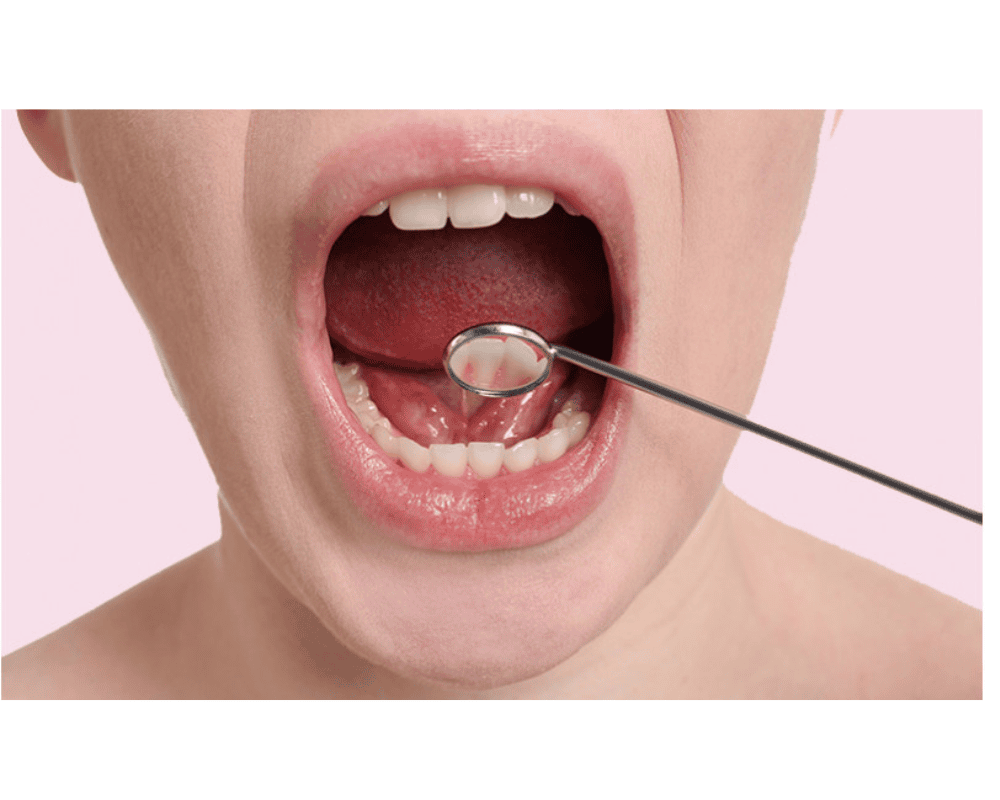Key Signs of Oral Cancer: When to Contact Your Doctor

Oral cancer is a serious condition that affects thousands of individuals each year. Early detection is key to successful treatment, so it’s crucial to be aware of the signs and symptoms that warrant a visit to your healthcare provider. Knowing when to seek medical advice can make all the difference in outcomes. Here are the key indicators that you should contact a doctor regarding oral cancer.
1. Persistent Mouth Sores
One of the most common early signs of oral cancer is the presence of mouth sores or ulcers that do not heal. If you have a sore that lasts longer than two weeks, it’s essential to seek medical evaluation. While many mouth sores are harmless and heal on their own, persistent lesions can be indicative of a more serious issue.
2. Unexplained White or Red Patches
The appearance of white patches (leukoplakia) or red patches (erythroplakia) inside the mouth is another reason to consult a doctor. These lesions can be benign but have the potential to become cancerous. If you notice any changes in the color or texture of the tissues in your mouth, it’s best to get them checked.
3. Difficulty Swallowing or Chewing
If you experience ongoing difficulty swallowing (dysphagia) or chewing food, it could be a sign of oral cancer. This symptom may be accompanied by pain, discomfort, or a sensation of food getting stuck in the throat. If these issues persist, it’s important to seek medical advice.
4. Unexplained Weight Loss
Sudden and unexplained weight loss can be concerning and may be associated with various health issues, including oral cancer. If you find yourself losing weight without trying—especially if accompanied by other symptoms—reach out to your healthcare provider for a thorough evaluation.
5. Changes in Speech or Voice
If you notice changes in your speech patterns or voice that last more than a few days, such as hoarseness or difficulty articulating words, it’s time to consult a doctor. Tumors in the mouth or throat can affect the vocal cords, leading to changes in your voice.
6. Swelling or Lumps
The presence of unexplained lumps or swelling in the mouth, neck, or face is a warning sign that should not be ignored. If you notice any unusual growths or swelling that do not resolve, it’s essential to contact a healthcare professional.
7. Persistent Bad Breath
While bad breath can be attributed to various factors, persistent halitosis that does not improve with good oral hygiene may be a symptom of an underlying condition, including oral cancer. If you are concerned about persistent bad breath, consult your dentist or doctor.
8. Pain or Discomfort
If you experience persistent pain in the mouth, tongue, throat, or jaw, particularly if it is severe or worsening, don’t hesitate to seek medical attention. Oral cancer can manifest as significant pain, and early evaluation can help address the issue more effectively.
Conclusion
Being proactive about your oral health is crucial, especially when it comes to recognizing symptoms that could indicate oral cancer. If you experience any of the signs listed above, it’s important to contact your doctor or dentist as soon as possible. Early diagnosis and intervention are vital in improving treatment outcomes and enhancing survival rates.
Regular dental check-ups and maintaining good oral hygiene are also essential in monitoring your oral health. Remember, if you have concerns, it’s always better to err on the side of caution. Stay informed, and take charge of your health!
